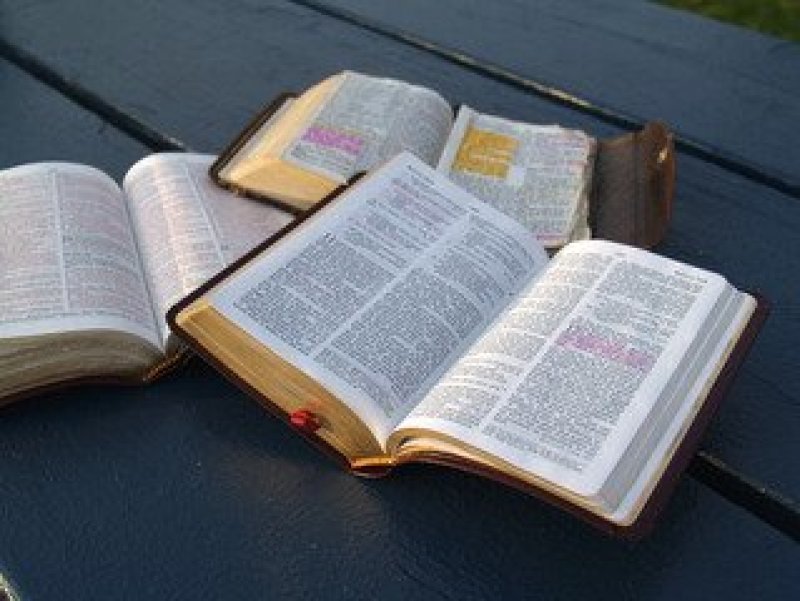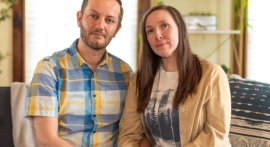
An isolated tribe called the Sawi or Sawuy people of Western New Guinea, Indonesia received Bible Translation Acceleration Kits (BTAKs) from Wycliffe Associates, making it easier for the people to receive God's Word.
This will aid in the efficient translation of the Bible to the tribe's mother tongue considering that their place has no internet connectivity. In fact, translators are almost done with the Old Testament translation, reports The Christian Post.
Wycliffe Associates, an organization committed to partnering with mother-tongue Bible translators and local churches in making the Scripture available in all languages, developed BTAK to speed up translation in remote places. Each kit contains Bible translation software and a built-in satellite for internet connectivity.
"In remote, underdeveloped areas - jungles, rainforests, mountainous regions - anything handwritten on paper is actually at risk of harsh weather, humidity, flooding, even insects," said Tim Neu, interim President and CEO of Wycliffe Associates. "BTAKs protect all the work that's been invested, day by day, in the translation of the Scriptures."
Neu added that considering increasing cases of persecution in the region, the technology will protect any progress in the translation work.
"Even if terrorists find you, even if your equipment is confiscated or destroyed, even if the unimaginable happens, your translation work - weeks or months of translation progress - is protected," he said.
CP further reports that over 12,000 remote areas in Indonesia do not have internet service, with more than 100 language groups not having any access to the internet, Sawi included. The tribe's location can only be reached by plane or boat. With the help of BTAK, more of the Sawi people could hear and read the life-giving message of the Bible in their own tongue.
"This was once a tribe of cannibals. Generations grew up learning only to kill or be killed in tribal warfare. Today, God's Word is transforming their hearts," said Neu. "Without a BTAK, they might still be years away from experiencing God's Word in its fullness."
Wycliffe Associates told CP that 549 BTAKs have been installed in 48 countries which will benefit 793 language groups. The organization aims to use the power of technology in accelerating Bible translation with the help of mother-tongue translators. Through tools like BTAK, translators can work and participate remotely in any Bible translations or collaboration event.
"COVID lockdowns kept Bible translators home," said Neu, "but our online Bible translation system enabled many to continue their work together."
The organization added that they have seen a breakthrough in the year 2020 as more Bible translations were completed. To date, the New Testament has been translated into 141 languages and the Old Testament in 8 languages.
"I've been humbled to see how believers in difficult areas, some in places of intense persecution and real danger, have been absolutely unwavering in their dedication to the cause," said Neu.
Sawi's cannibalistic practice gradually ended since the 1950s when more of the people learned of God's redemptive act through Christ's sacrifice. The tribe's embrace of the Christian faith was beautifully recorded in Don Richardson's book, "Peace Child." He and his family have lived among the Sawi people for years until they returned home in the late '70s. The event described in Richardson's book led to the publishing of the New Testament translation in Sawi.




























